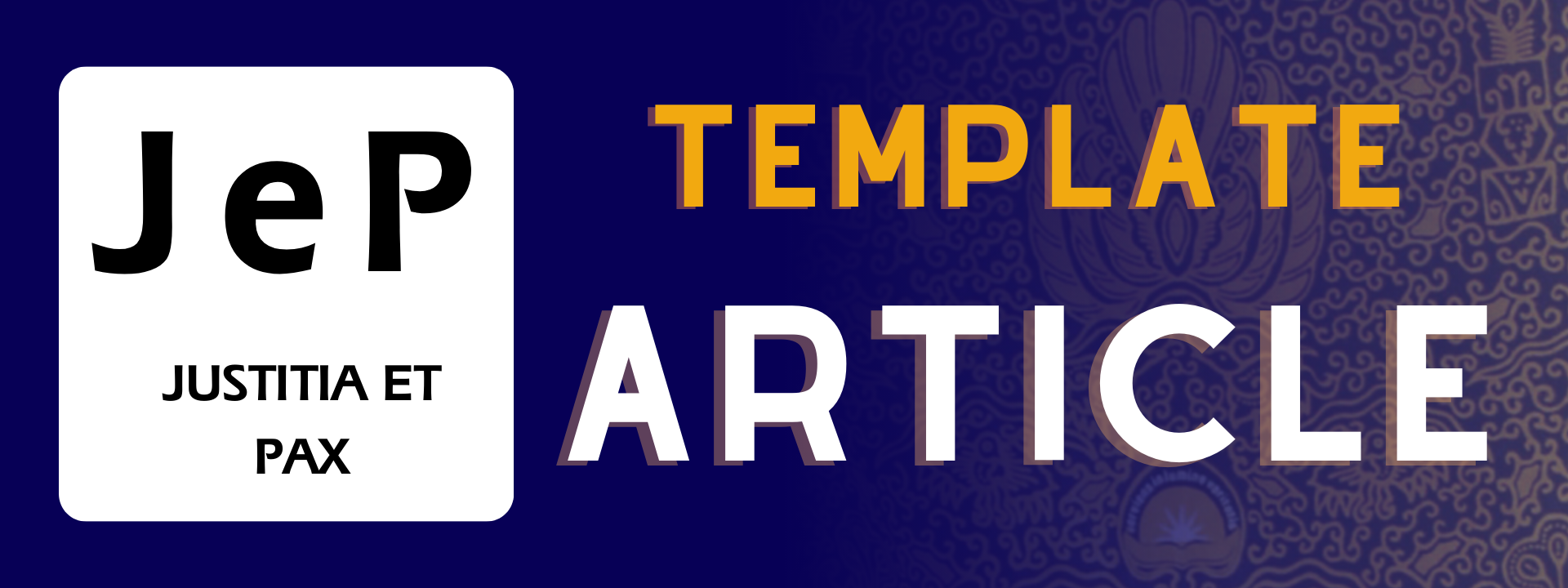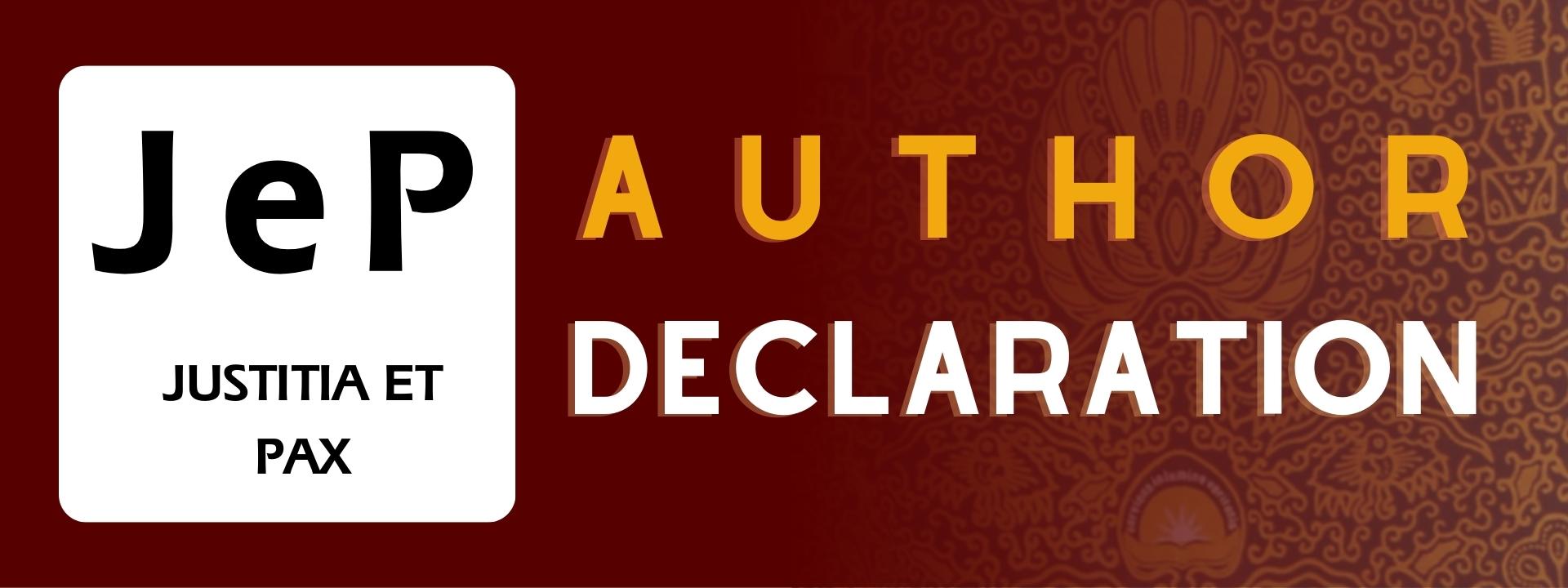PERLINDUNGAN HUKUM TERHADAP WHISTLEBLOWER DI INDONESIA: SINERGI ANTARA UNITED NATIONS CONVENTION AGAINST CORRUPTION DAN HUKUM NASIONAL TENTANG PERLINDUNGAN SAKSI DAN KORBAN
DOI:
https://doi.org/10.24002/jep.v32i1.763Abstract
AbstractIndonesia ratified the United Nations Convention against Corruption (UNCAC) through the Law number 7 of 2006. Article 33 of the UNCAC legally obliges the State Parties to provide protection to whistleblowers. The existence of whistleblower is pivotal to uncover the hidden practices of corruption. Anti-corruption strategy encourages whistleblowers to unveil corrupt practices to the law enforcement agencies and public. Due to this task, therefore, whistleblowers must be protected from any kind of retaliation. Indonesia has the Law number 13 of 2006 juncto the Law number 31 of 2014 concerning witness and victim protection which regulates the protection of whistleblower in the Indonesian criminal legal system. This paper analyzes existence of legal protection for whistleblowers in the respective provisions which contained within the Law number 13 of 2006 and the Law number 31 of 2014, specifically on anti-retaliation protection by analyzing the synchronization of the law with Article 33 of the UNCAC. The provisions of national law vis-à-vis with the provisions of UNCAC concerning whistleblower protection, the national law has not provided best protection to whistleblower yet due to the possibility of retaliation be made against the whistleblowers that is not regulated by the national law.
Keywords: Indonesia, corruption, whistleblower, United Nations Convention Against Corruption.
Intisari
Indonesia meratifikasi United Nations Convention Against Corruption (UNCAC) melalui Undang-undang Nomor 7 Tahun 2006. Pasal 33 UNCAC memberikan kewajiban hukum bagi Negara Pihak untuk menyediakan perlindungan terhadap para whistleblowers. Eksistensi whistleblower merupakan hal yang sangat penting untuk membuka praktek tersembunyi korupsi. Strategi anti-korupsi memberikan dorongan bagi para whistleblower untuk membuka praktek-praktek korupsi kepada penegak hukum dan masyarakat. Oleh karena tugasnya tersebut, para whistleblower harus dilindungi dari segala bentuk tindakan pembalasan. Indonesia memiliki Undang-Undang Nomor 31 Tahun 2014 tentang Perubahan atas Undang-Undang Nomor 13 Tahun 2006 tentang Perlindungan Saksi dan Korban yang di dalamnya mengatur perlindungan terhadap whistleblower dalam sistem hukum pidana Indonesia. Tulisan ini menganalisis eksistensi perlindungan hukum bagi whistleblower dalam pasal-pasal tentang perlindungan whistleblower dalam Undang-Undang Perlindungan Saksi dan Korban, secara spesifik pada perlindungan terhadap tindakan pembalasan dengan menganalisis sinkronisasi hukum terhadap Pasal 33 UNCAC. Pasal-pasal dalam hukum nasional vis-à-vis dengan Ppasal UNCAC tentang perlindungan terhadap whistleblower, hukum nasional belum mampu menyediakan perlindungan terbaik bagi whistleblower dikarenakan adanya kemungkinan untuk dilakukannya tindakan pembalasan terhadap whistleblower yang belum diatur dalam hukum nasional.
Kata kunci: Indonesia, korupsi, whistleblower, United Nations Convention Against Corruption.
Downloads
Published
25-Oct-2016
Issue
Section
Articles
License
Authors who publish with this journal agree to the following terms:
- Authors retain copyright and grant the journal right of first publication with the work simultaneously licensed under a Creative Commons Attribution License that allows others to share the work with an acknowledgement of the work's authorship and initial publication in this journal.
- Authors are able to enter into separate, additional contractual arrangements for the non-exclusive distribution of the journal's published version of the work (e.g., post it to an institutional repository or publish it in a book), with an acknowledgement of its initial publication in this journal.
- Authors are permitted and encouraged to post their work online (e.g., in institutional repositories or on their website) prior to and during the submission process, as it can lead to productive exchanges, as well as earlier and greater citation of published work (See The Effect of Open Access).

This work is licensed under a Creative Commons Attribution-NonCommercial-ShareAlike 4.0 International License.




















